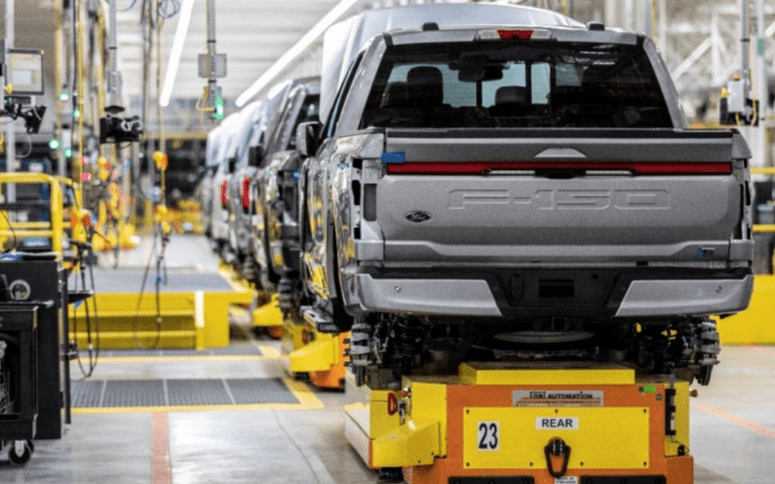What are the pros and cons of the U.S. automotive tariffs on Mexico?
Regarding the cons, the first thing is that U.S. President Donald Trump ordered a 25% tariff on all imports of cars and light trucks starting next April 3.
This is particularly bad news for Mexico, as it is the leading exporter of automobiles to the U.S. market.
Of the total foreign purchases of automobiles from the United States, amounting to 219,496 million dollars in 2024, those originating in Mexico were 49,987 million dollars.
Pros and cons of the automotive tariffs
To impose these tariffs, Trump signed a proclamation Wednesday invoking Section 232 of the Trade Expansion Act of 1962.
The tariffs include certain auto parts.
Of the total imports to the United States of auto parts in 2024 of $192.397 billion, those originating in Mexico were for a customs value of $82.456 billion.
On the balance, Mexico has one aspect in its favor, along with two other nations. Currently, exports of cars and light trucks from Mexico, Canada and South Korea do not pay tariffs at U.S. customs. This is because these countries have free trade agreements with the U.S. government.
In contrast, member countries of the World Trade Organization (WTO) do face additional costs. For automobile exports to the U.S. market, they must pay a 2.5% tariff. For light trucks, the tariff amounts to 25 percent.
However, Trump announced new tariffs that will be added to the existing ones. With this measure, imported cars will pay a total tariff of 27.5 percent, while light trucks will face a 50 percent rate. However, vehicles from Mexico, Canada and South Korea will face a 25% tariff for both categories.
New tariffs
The 25% tariff will apply to a variety of imports. This includes passenger vehicles, such as sedans, SUVs, crossovers, minivans and cargo vans. It will also affect light trucks and key auto parts. These parts include engines, transmissions, powertrain components and electrical items.
In addition, there is the possibility of extending tariffs to other auto parts if necessary. However, USMCA compliant parts will remain duty-free for now. This exemption will remain in place until the Secretary of Commerce, in conjunction with U.S. Customs and Border Protection (CBP), defines a process for taxing non-U.S. content.

